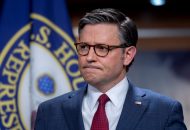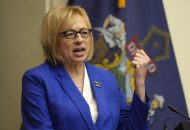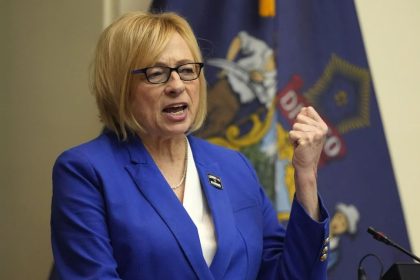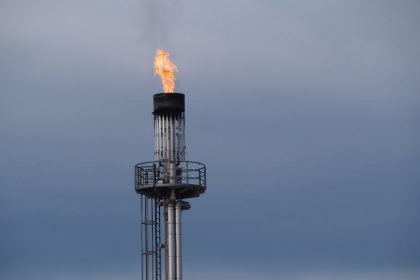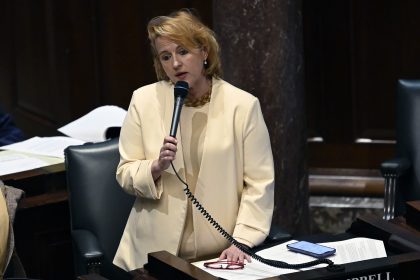Wisconsin Gov. Highlights Clean Energy Economy Initiatives
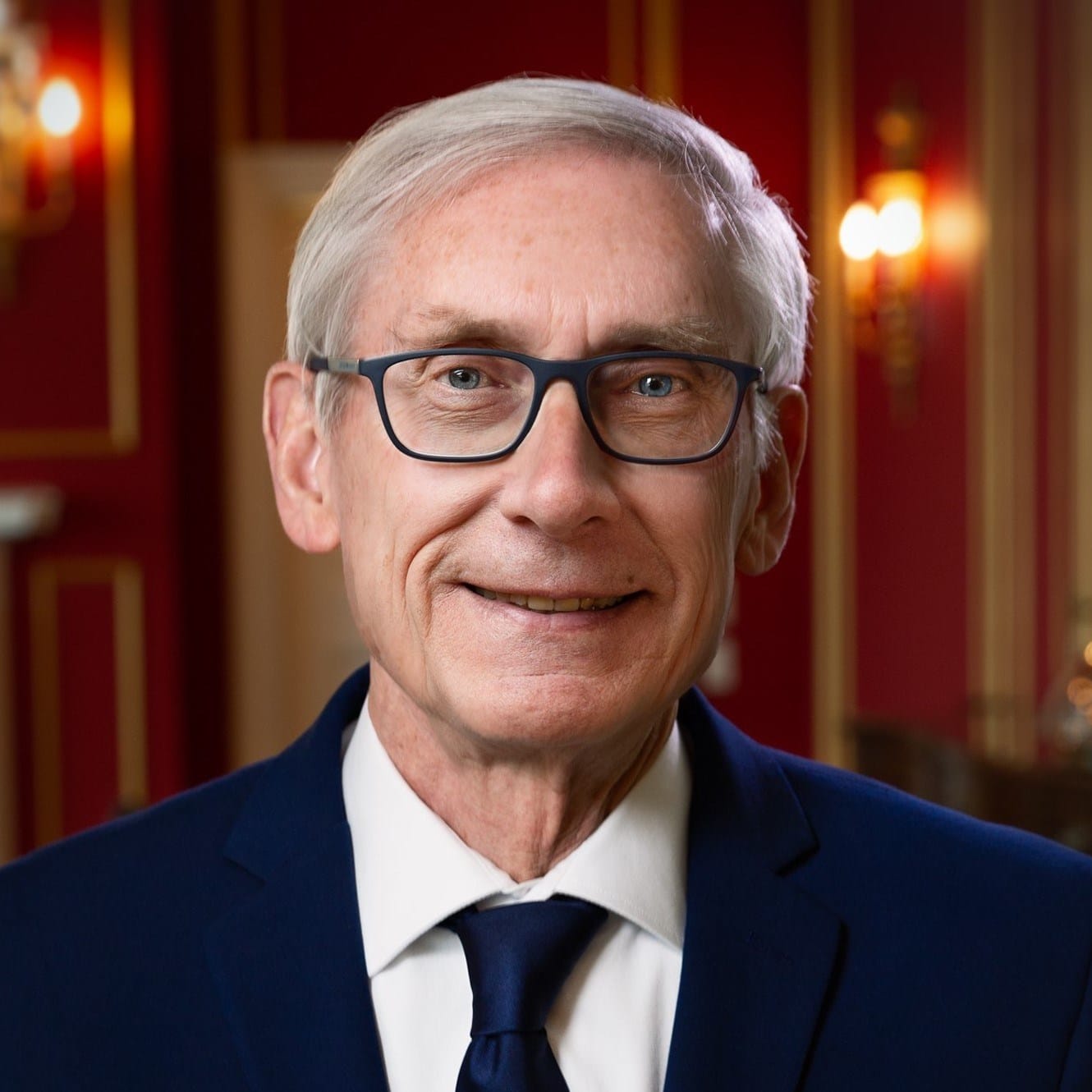
MADISON, Wis. — Gov. Tony Evers plans to travel across Wisconsin this week to highlight economic initiatives in his 2023-25 biennial budget, a budget that was rejected March 23 by the State Building Commission.
The state panel voted 4-4 on party lines on Evers’ capital budget proposal, with Republican members voting against the governor’s entire capital budget, pushing the entire plan to the state’s legislative budget committee with no recommendations.
The committee began taking testimony from state agencies about the Evers budget on Tuesday. The Legislature is expected to pass its plan in June, sending it to Evers who can then make changes with his line-item veto power.
Evers’ plans for the state include building a statewide clean energy economy, expanding access to and use of electric vehicle infrastructure and promoting the clean energy, energy efficiency and environmental job sectors.
“Wisconsinites shouldn’t have to choose between mitigating climate change and protecting our environment and good-paying jobs and economic development — we must do both,” said Evers in a press release.
“Building a clean energy economy here in Wisconsin is a top priority and a major focus of our budget … our budget works to ensure that we can meet our clean energy and workforce needs both today and in the future.”
The governor’s 2023-25 biennial budget proposal builds on the work his administration has already done and includes several provisions recommended by the state’s Office of Sustainability and Clean Energy and the Clean Energy Plan.
Evers is proposing key initiatives to build out the state’s electric vehicle charging station network to accelerate the deployment and adoption of electric vehicles in Wisconsin, lowering emissions and improving air quality.
In addition, Evers wants to:
- Establish the existing Office of Sustainability and Clean Energy in statute within the Department of Administration, which will continue to promote the development and use of clean and renewable energy across the state, advance innovative sustainability solutions that improve the state’s economy and environment, diversify the resources used to meet the state’s energy needs, and generate family supporting jobs by promoting the expansion of Wisconsin’s clean energy economy.
- Provide $5 million over the biennium to support a one-time pilot clean energy small business startup grant program.
- Create a renewable and clean energy research grant with $4 million to be administered by the Office of Sustainability and Clean Energy within DOA.
- Provide $145,000 and one project position at the Department of Natural Resources to assist with reviewing and permitting solar energy projects.
- Provide $10 million for a clean energy job training and reemployment program.
- Provide $2 million under the Wisconsin Fast Forward framework for training in green jobs, including conservation and environmental career pathways.
- Provide $2 million to create the Southeast Wisconsin Green Jobs Corps.
- Establish a program to utilize federal funding to further build out Wisconsin’s electric vehicle charging infrastructure.
- Provide $412,200 and two positions to provide consumer protection oversight of EV charging stations.
- Modify current law to explicitly exempt from the definition of a public utility a nonutility that supplies electricity through an EV charging station and charges by duration or the kilowatt-hour.
- Include utility-owned EV charging infrastructure in the calculation of shared revenue utility aid payments to counties and municipalities to promote the use of renewable energy and reward local governments that host these facilities in a manner similar to other utility property.
- Provide $250,000 and one full-time position to establish a stretch energy code working group to develop a stretch energy code for Wisconsin. A stretch energy code permits local governments to voluntarily enact regulations that improve energy efficiency relative to the base energy code.
- Provide $775,000 for the development of a forestry industry strategic plan and roadmap.
- Provide an additional $500,000 over the biennium for both the Wisconsin Institute for Sustainable Technology at the University of Wisconsin-Stevens Point and the Advanced Manufacturing, Engineering Technology, and Apprenticeship Center at Mid-State Technical College to further support their critical work in building out Wisconsin’s forestry and paper industry workforce.
- Provide $195,000 and one full-time position at the DNR to hire a forestry-focused outreach officer to work with groups underserved by traditional forestry and environmental higher education programs.
You can reach us at [email protected] and follow us on Facebook and Twitter










